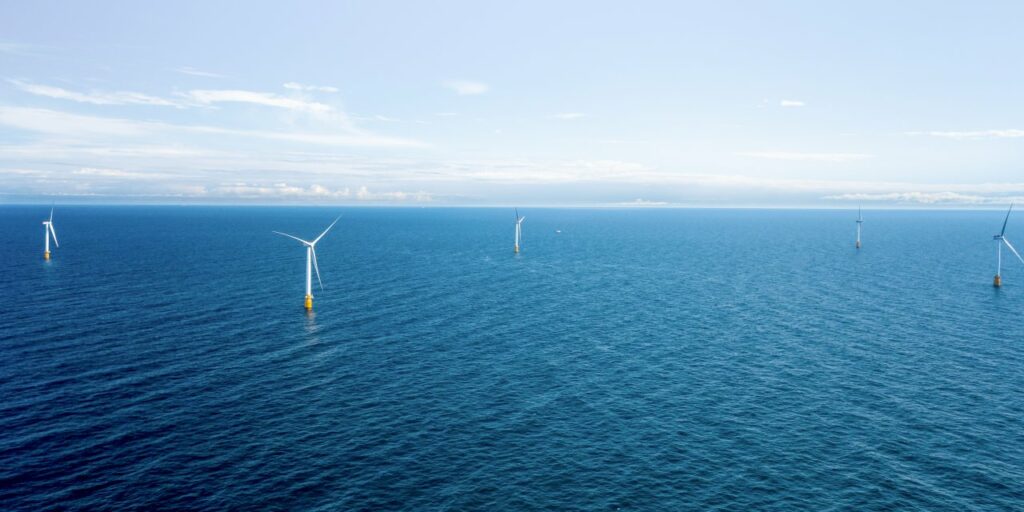This follows requests from the developers of seven offshore wind farm projects who believe additional capacity can be generated from the areas of the seabed they hold existing rights for.
According to the Crown Estate, the technology has advanced and more capacity could be developed at projects that are already underway.
“Maximising the amount of offshore wind capacity we can install in areas where leasing agreements are already in place is vital to get us closer to the Government’s target of 50GW by 2030,” said Dan McGrail, Chief Executive of RenewableUK.
“Utilising these areas of seabed to the full could add up to 4GW, which is more than a quarter of the UK’s current offshore wind capacity, representing a significant step forward. Accelerating deployment in this way would make projects even more cost-effective through economies of scale, which is good news for consumers as well as creating further opportunities for us to grow our supply chain.”
The projects under consideration, and included in this process, were awarded rights in either the Crown Estate’s Offshore Wind Leasing Round 3 or the Crown Estate’s 2017 Offshore Wind Extensions opportunity.
The projects are Awel y Môr, Dudgeon Extension, Sheringham Shoal Extension, North Falls, Five Estuaries, Rampion 2, and Dogger Bank D.
The Crown Estate said it will balance these projects’ economic and clean energy potential with its commitments to nature and biodiversity and duty to make the most effective and efficient use of a valuable, but increasingly busy, seabed.
“These proposed capacity increases make use of seabed areas that have been previously granted rights, are not being fully utilised, and may have limited options for alternative uses. We are therefore pleased to launch a process to examine whether this additional capacity can be made available in a way which remains true to our commitment to nature and biodiversity,” said Gus Jaspert, Managing Director, Marine, at the Crown Estate.
Any decision taken will be subject to a Plan-Level Habitats Regulations Assessment (HRA) to understand the collective environmental impact of the additional capacity across all seven projects, said the Crown Estate.
This will include consultation with relevant stakeholders, including Statutory Nature Conservation Bodies (SNBCs) and regulators.
The UK is now the second largest offshore wind market in the world, generating 24 per cent of the global offshore wind capacity, and is currently delivering 14 per cent of the country’s total electricity requirements, according to the Crown Estate.
